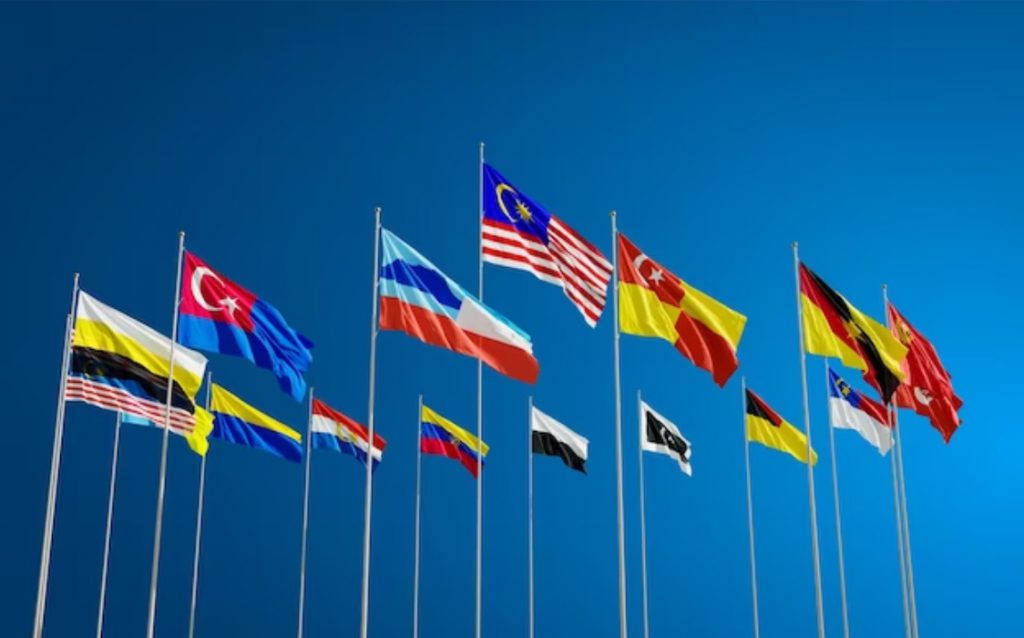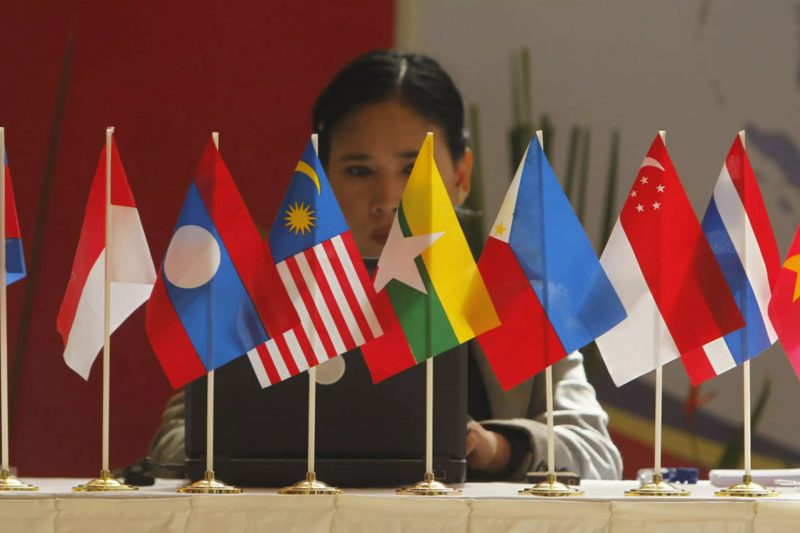The number of countries willing to join the BRICS alliance in 2025 is rapidly growing. More than 20 countries have expressed their interest in joining the bloc and participating in decision-making. The group is ushering in a new financial era independent from the clutches and dominance of the US dollar. The alliance is pushing de-dollarization as its sole goal, aiming to make local currencies the center of all trade and transactions.
Also Read: BRICS: Analyst Reveals If Chinese Yuan Can Surpass the US Dollar
BRICS: 23 Countries Express Interest to Join Alliance in 2025


A Russian diplomat confirmed that around 23 countries are showing interest in joining BRICS in 2025. Russian Presidential aide Yury Ushakov revealed that the alliance is open to inviting like-minded countries to join the bloc. The move will strengthen the prospects of local currencies and challenge the US dollar on the global stage.
Also Read: BRICS: 2 Countries Settle $37 Billion Trade in Local Currencies
“The doors of the association remain open to like-minded countries. At the moment, over two dozen more countries have shown interest in a systemic dialogue with BRICS,” in 2025 said Ushakov. Emerging economies find the alliance lucrative as it’s the only group that’s challenging the hegemony of the US dollar.
The countries that want to join BRICS in 2025 are: “Azerbaijan, Bahrain, Bangladesh, Burkina Faso, Cambodia, Chad, Colombia, the Republic of the Congo, Equatorial Guinea, Honduras, Laos, Kuwait, Morocco, Myanmar, Nicaragua, Pakistan, Palestine, Senegal, South Sudan, Sri Lanka, Syria, Venezuela, and Zimbabwe,” said the aide.
Also Read: BRICS: De-Dollarization Will Continue Faster Under Trump’s Watch
However, Ushakov explained that uncontrolled expansion would lead to the association breaking up its thought process. He said that BRICS needs to cherry-pick its partners carefully in 2025 to thrive and survive. “It is clear that uncontrolled expansion of our association would break its backbone. We believe that we need gradual, harmonized, and accurate steps. Like those we have been taking throughout our chairmanship,” Ushakov summed it up.





